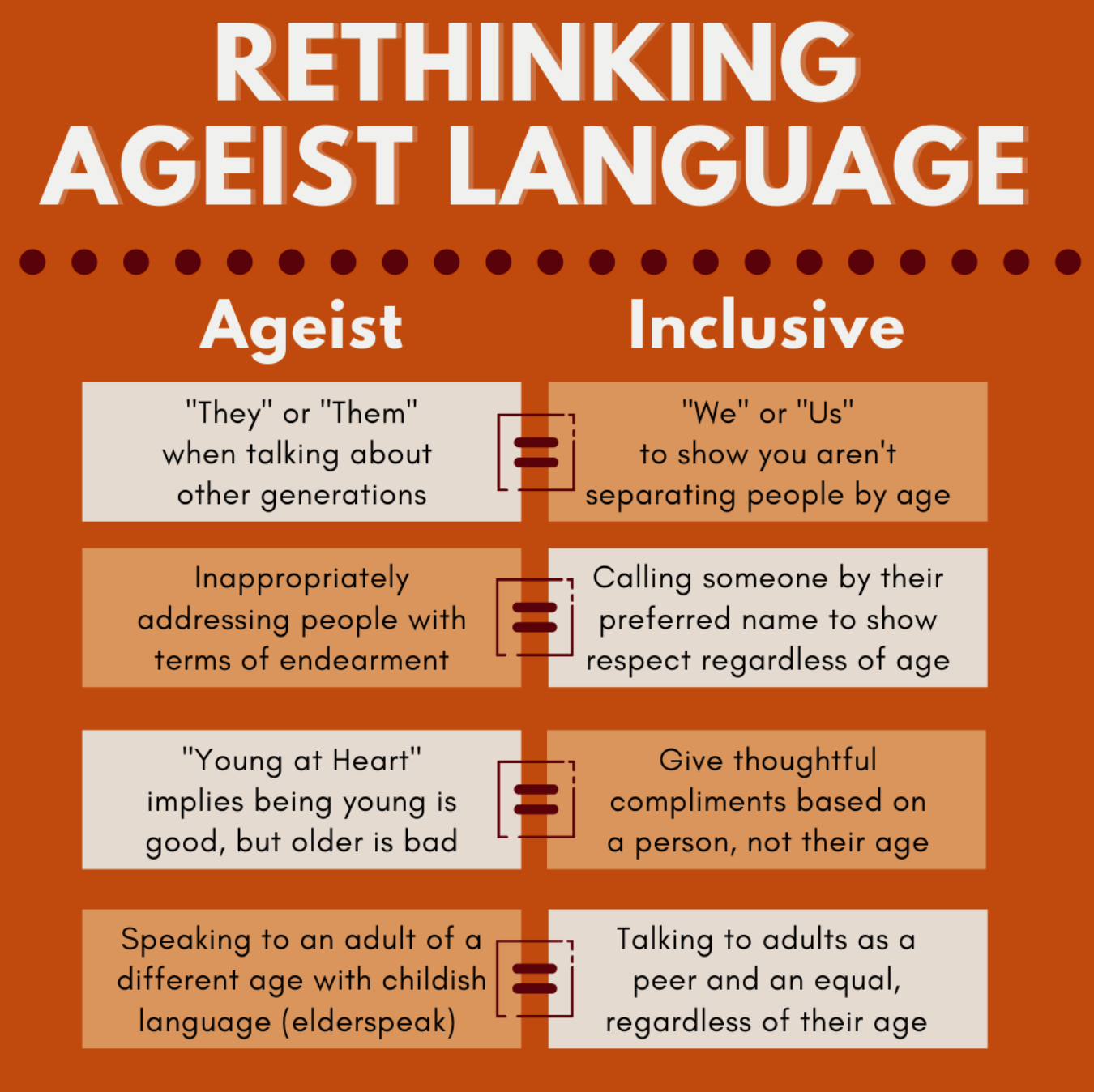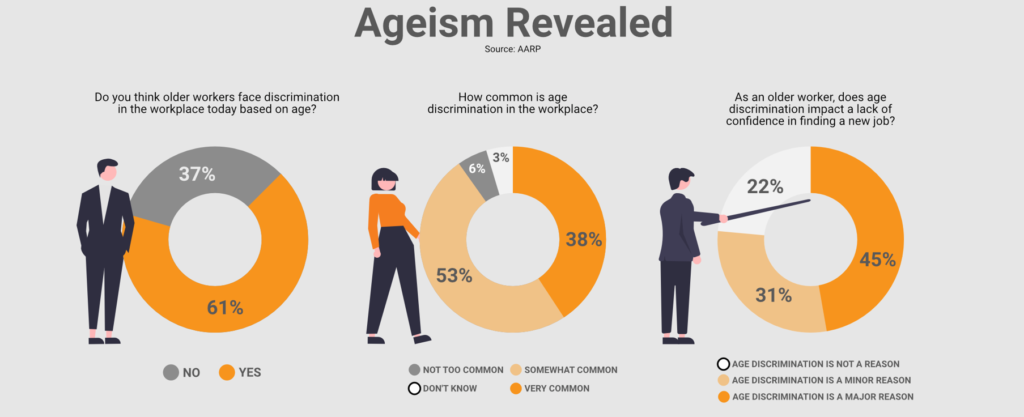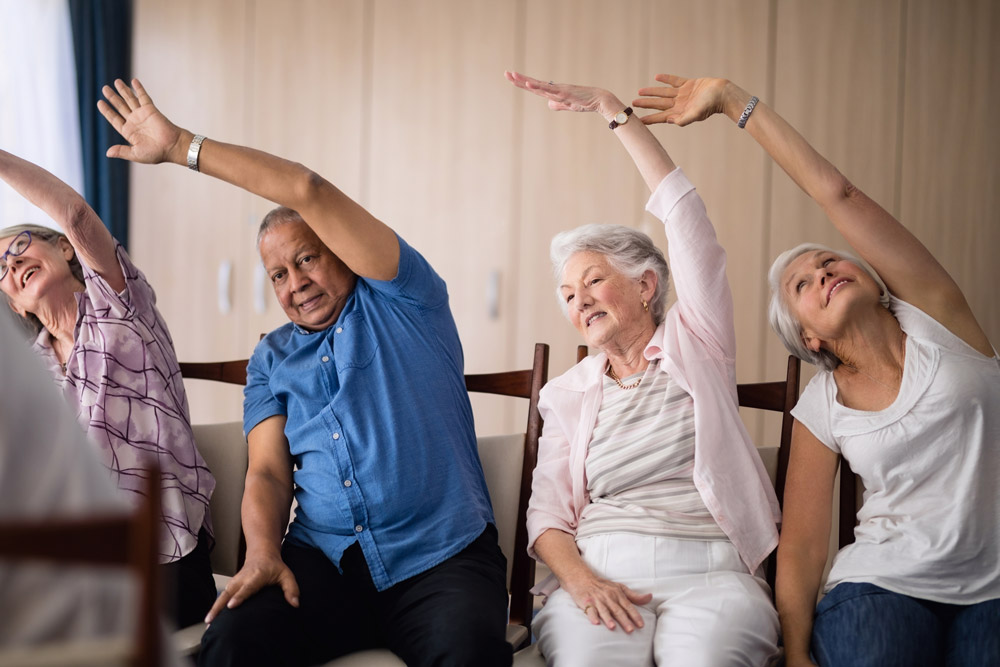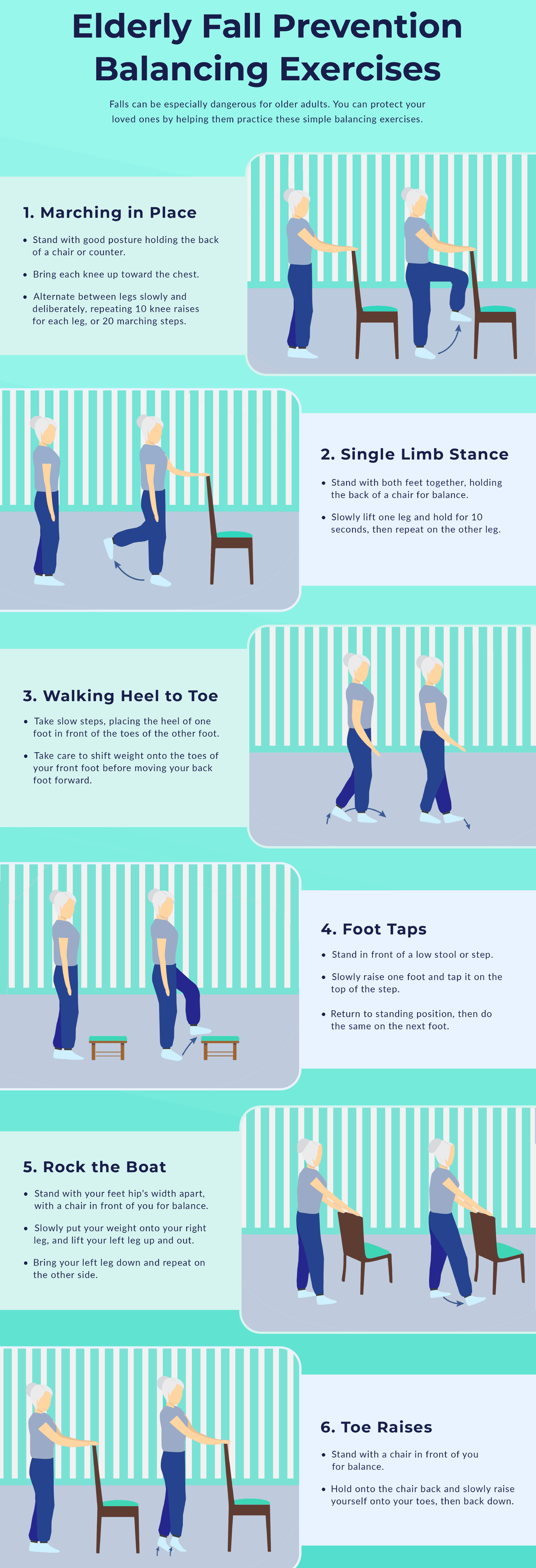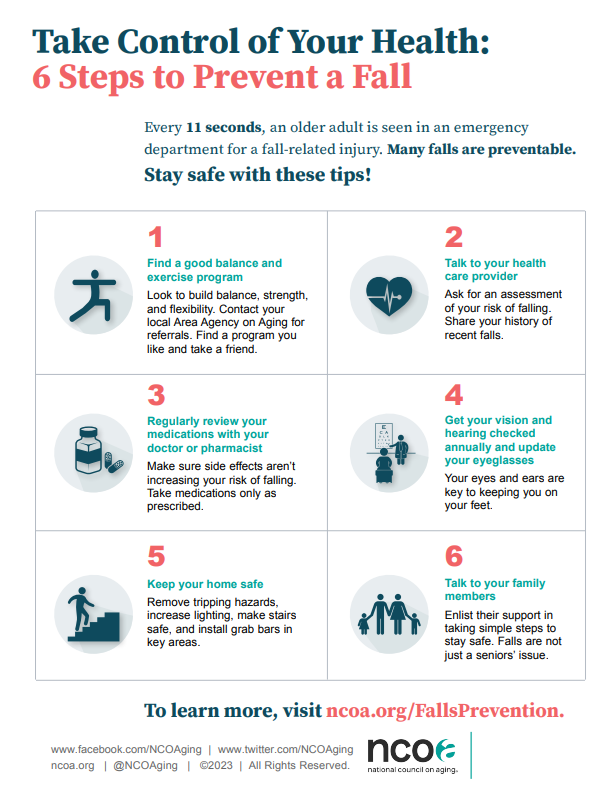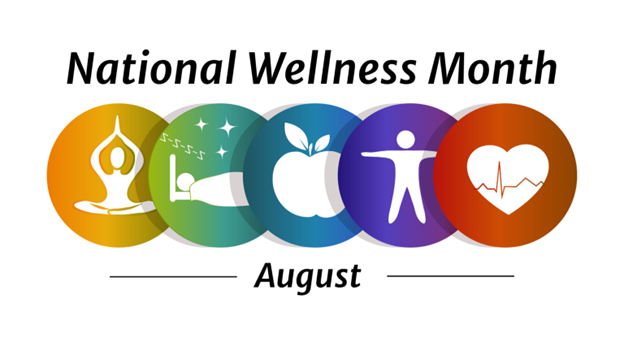DECEMBER SPECIAL FEATURE
|
The holiday season tends to bring more with it than just autumn leaves and pretty lights! For us here in Illinois, the weather gets colder and our social activities slowdown, which brings along some challenges. The combination of shorter days, weather limitations, health concerns, and holiday blues weigh heavily on many of us and our loved ones. These risk factors are important to be aware of as they can increase one’s risk for social isolation and loneliness. (A list of supportive resources for those experiencing social isolation or loneliness are linked below.) Unfortunately, social isolation and loneliness affect older adults by increasing their risk of becoming victims of fraud and scams. When you are isolated or experiencing feelings of loneliness, scammers may try to take advantage of that vulnerability. Luckily, knowledge is power! You can help protect yourself and your loved ones by being aware of the different types of scams and how they work. Some Medicare related scams that may be more common during the holiday season are:
Other ways you can help prevent these malicious scams are by not sharing your Medicare number with anyone who is not your healthcare provider and by never sharing personal information over the phone. In order to detect Medicare fraud, always be sure to review all Medicare Summary Notices (MSN) or Explanation of Benefits (EOB) for any possible mistakes or fraudulent charges. A personal journal strictly for healthcare appointments can help document appointment details to then easily compare to MSNs and EOBs later. The Illinois SMP is also here to offer assistance if you feel you or someone you know have been affected by any suspicious billing on your Medicare Summary Notice or any potential Medicare fraud, please call the Illinois SMP at AgeOptions at (800) 699-9043 or visit www.illinoissmp.org. Additionally, if you or someone you know are experiencing social isolation or loneliness, the Senior Medicare Patrol is here to provide you with support by sharing the following resources:
Additional resources to support those experiencing social isolation can be located by calling East Central Illinois Area Agency on Aging at (800) 888-4456. ECIAAA serves older adults and family caregivers in Champaign, Clark, Coles, Cumberland, DeWitt, Douglas, Edgar, Ford, Iroquois, Livingston, Macon, McLean, Moultrie, Piatt, Shelby and Vermilion counties. |


